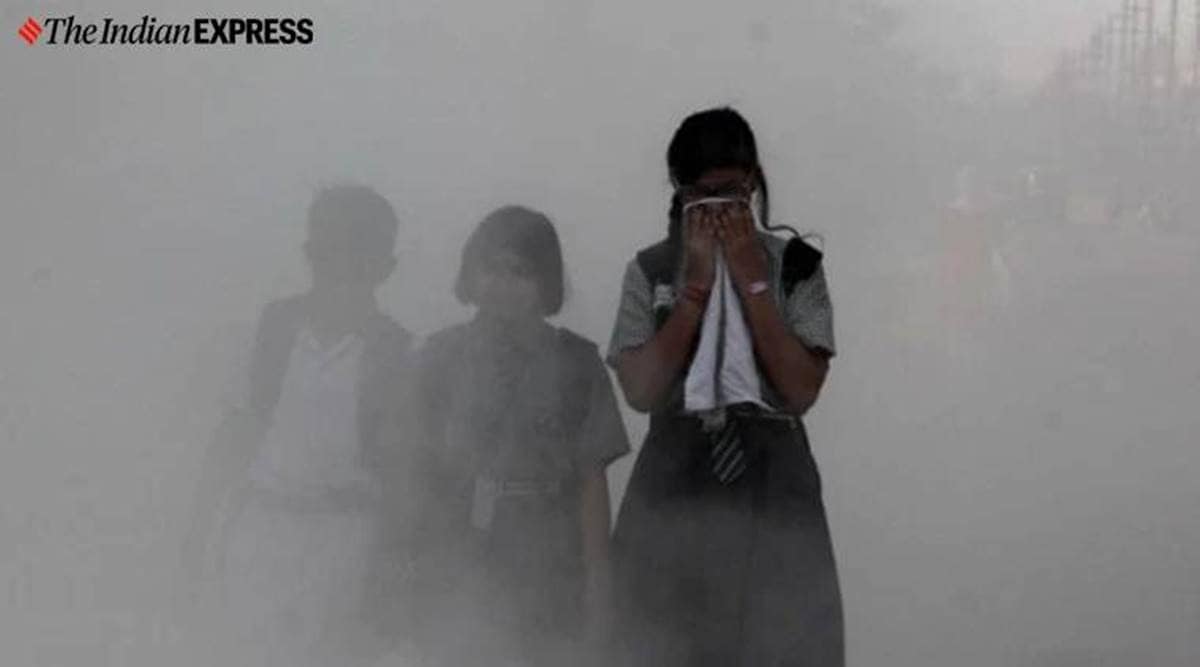 Air pollution could increase the risk of diabetes and heart attack, a new study revealed. (File photo)
Air pollution could increase the risk of diabetes and heart attack, a new study revealed. (File photo)In a first-of-its-kind study, Indian-origin researcher Sanjay Rajagopalan from the US has found how air pollution could increase the risk of diabetes, heart attack and stroke.
In the study, Rajagopalan, from University Hospitals Harrington, examined the impact of air pollution by creating an environment mimicking a polluted day in New Delhi or Beijing, as per a report by Hindustan Times.
The researcher found that insulin resistance and type 2 diabetes were likely to increase on being exposed to air pollution. The study was published in the Journal of Clinical.
The team of researchers found that exposure to air pollution could be compared to eating a high-fat diet. For the study, the genome-wide epigenetic changes were compared and contrasted with that of eating an unhealthy diet. The impact of air pollution cessation on these changes was then examined.
The participants for the study were divided into three distinct groups — those receiving clean air, those exposed to air pollution for 24 weeks, while the third group was fed a high-fat diet.
Read| The dangers of air pollution: What you need to know about Delhi smog
Researchers found that both abnormal metabolism and insulin resistance were shown by air pollution and high-fat diet groups. The changes in the groups’ state were associated with the changes in the epigenome.
“The good news is that these effects were reversible, at least in our experiments. Once the air pollution was removed from the environment, the mice appeared healthier and the pre-diabetic state seemed to reverse,” the study author was quoted as saying.
For more lifestyle news, follow us: Twitter: lifestyle_ie | Facebook: IE Lifestyle | Instagram: ie_lifestyle